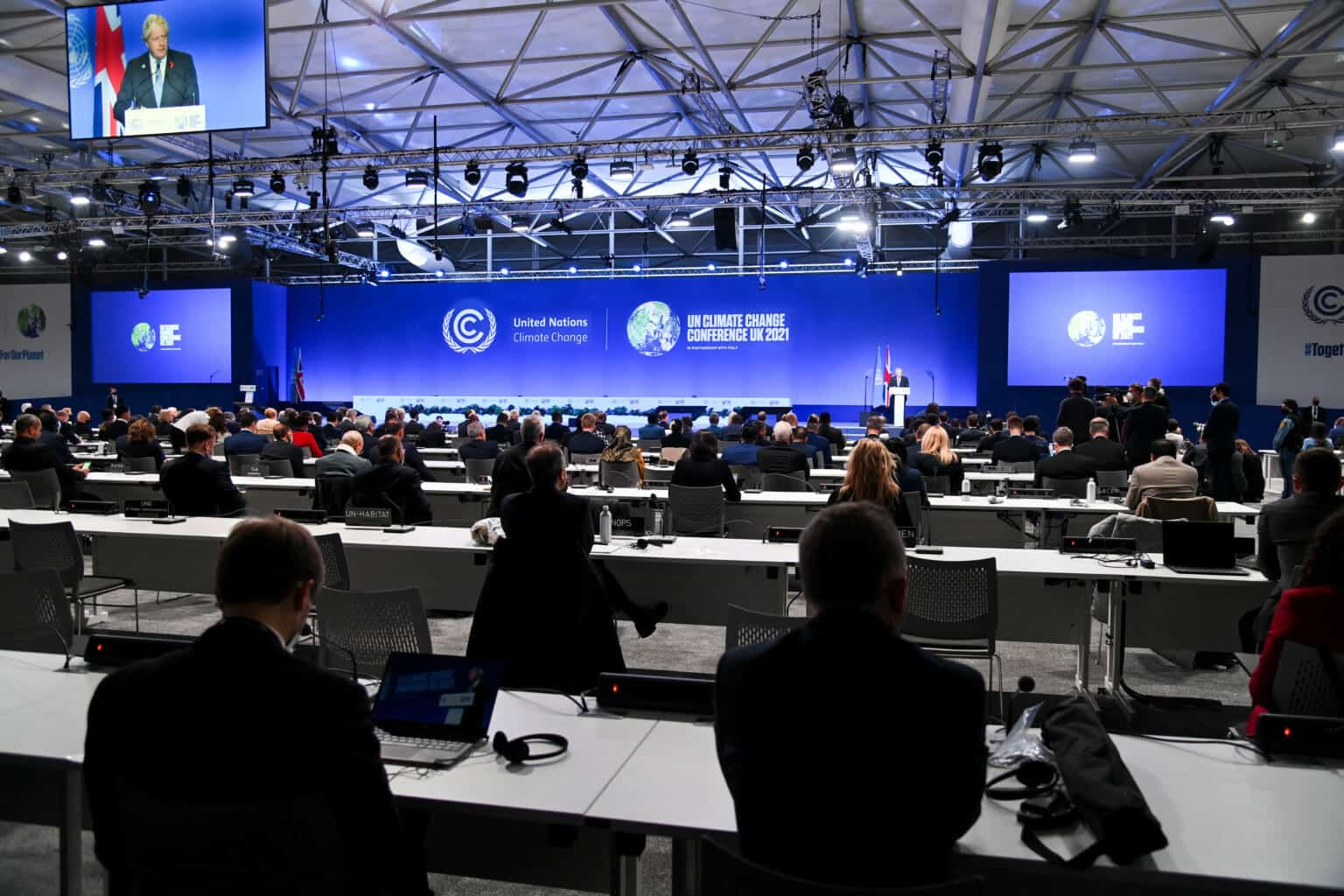As the 26th annual Conference of the Parties, or COP26, looks to get countries to set ambitious carbon emission targets until 2030 to achieve net-zero emissions by mid-century, it may fall short of its goal of obtaining strong-enough commitments to reduce global greenhouse gas emissions by 45 percent by 2030, which means that the world will not be on track to achieve its net-zero emissions by 2050.
In the midst of all this, Arab countries participating in the conference are making some strong commitments. Here’s a look at what some of the countries from the region have said.
UAE vision
Sheikh Abdullah bin Zayed Al Nahyan, UAE Minister of Foreign Affairs and International Cooperation, is leading the UAE delegation — including Sultan Al Jaber, the UAE’s Special Envoy on Climate Change, and numerous members from other ministries — to the crucial climate discussions.
Sheikh Abdullah expressed the UAE’s position on the summit’s goals, saying, “We look forward to cooperating with the international community to achieve a low-carbon economy that ensures environmental protection and reduces carbon emissions, in addition to creating permanent economic opportunities. we will also remain a committed partner to support the world’s efforts to reduce the effects of climate change.”
He added: “If we have the honor of hosting the conference, we will do our best to be comprehensive and in line with the requirements and needs of developing countries, and to ensure the participation of all sectors, including government, private sector, academia, and civil society, to focus on the adoption of practical solutions to the problem of climate change,”
The UAE has applied to host the 28th session of the summit (COP28) in 2023, stating that it would organize a comprehensive and successful session that will produce decisive results and decisions to combat climate change, particularly in the Middle East.
The UAE looks to address climate change through the National Program for Climate Adaptation, as well as its aim to achieve carbon neutrality by 2050.
Saudi Arabia
Saudi Arabia announced the launch of energy initiatives that would reduce carbon emissions by 278 million tons annually by 2030, which is more than twice the country’s announced targets for reducing emissions.
It also revealed, just days before the start of the COP26 conference, a plan to achieve carbon neutrality.
The country said it plans is to achieve net zero carbon emissions by 2060, using a circular carbon economy method that is in accordance with its development ambitions and allows for economic diversification.
As part of its commitment to a cleaner and greener future, Saudi Arabia has stated that it would join the worldwide pledge on methane to help cut global emissions of the gas by 30 percent by 2030.
Saudi Arabia in March also announced a wide range of initiatives to combat climate change and cut carbon emissions, including a commitment to plant roughly 10 billion trees over the next few decades. The plan, according to Crown Prince Mohammed bin Salman, was to reduce emissions by 2030 by generating half of the kingdom’s energy from renewable sources.
Saudi Arabia’s ambassador to the United Kingdom, Prince Khalid bin Bandar, who is present at COP26, claimed that his country’s efforts to address climate change are a “integral aspect” of Prince Mohammed ‘s Vision 2030, which was published in 2016.
“Saudi Arabia strives to limit and effectively tackle climate change,” the ambassador declared from the kingdom’s pavilion at the COP26 summit in Glasgow.
On the other side, the Saudi Energy Minister had considered that most of the technologies needed to reduce emissions would reach maturity by 2040 and that this would mean time was required to take proper action.
Egypt
Following the official announcement of Egypt’s selection as a candidate to host the 27th summit in 2022 as the African continent’s representative, Egypt’s participation in the Glasgow Summit is critical.
Egypt’s Minister of Environment, Yasmine Fouad, indicated that her country’s participation in the Glasgow Summit would see the launch of its national climate change strategy until 2050.
The Egyptian delegation will take part in discussion sessions and seminars on the implementation and monitoring of the United Nations Climate Change Convention.
At the summit, the Egyptian delegation is expected to present success stories and experiences of private sector institutions in the field of environmental protection and climate change, as well as the country’s national climate change strategy, and establish an African discourse that includes the country’s demands on financing climate control policies and ways to facilitate access for African countries to this funding.

